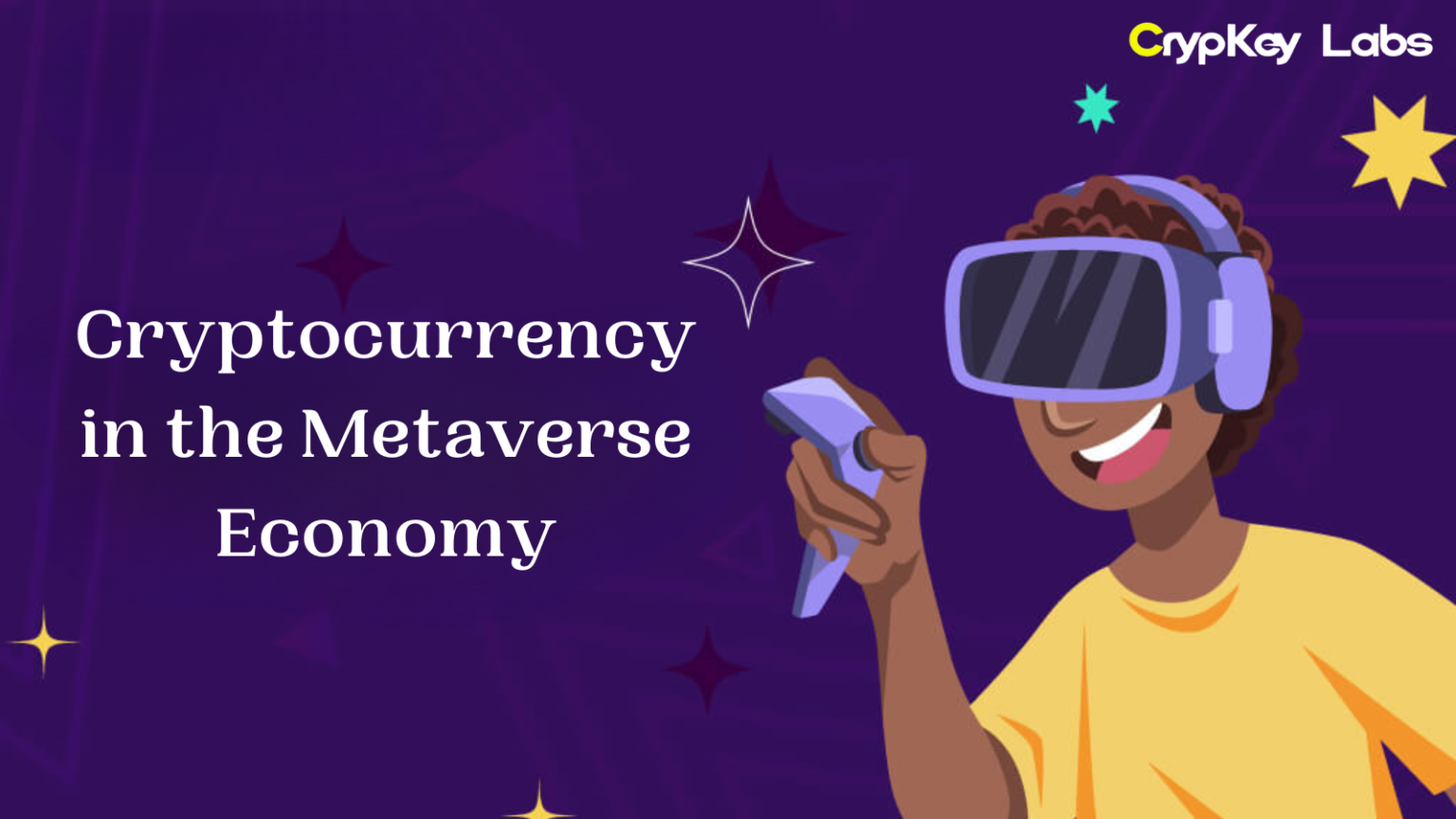The Metaverse has been making waves across industries, promising a new era of digital interaction, commerce, and community-building. At its core, the Metaverse thrives on decentralization and the seamless exchange of value—two things that cryptocurrency brings to the table. In this blog, we explore how cryptocurrency plays a pivotal role in shaping the Metaverse economy and its potential to redefine digital ownership and transactions.
Understanding the Metaverse
The Metaverse is a collective virtual shared space where users can interact with each other and digital objects in real time. Think of it as a convergence of virtual reality (VR), augmented reality (AR), and the internet, forming immersive worlds where people work, play, and socialize.
It’s not just a playground for gamers or tech enthusiasts; the Metaverse is rapidly evolving into a multi-industry phenomenon. Sectors like real estate, fashion, and entertainment are exploring opportunities within these virtual realms, creating a burgeoning economy that mirrors the real world.
The Role of Cryptocurrency in the Metaverse
Cryptocurrency is the lifeblood of the Metaverse economy. It facilitates secure, transparent, and borderless transactions, which are crucial in a decentralized environment. Unlike traditional currencies tied to specific countries or banks, cryptocurrencies operate on blockchain technology, ensuring trust and reliability in virtual worlds.
The Metaverse thrives on digital ownership, whether it’s a piece of virtual land, a custom avatar, or an exclusive digital artwork. Cryptocurrencies enable users to buy, sell, and trade these assets without intermediaries, giving individuals true ownership and control over their virtual possessions.
Use Cases of Cryptocurrency in the Metaverse Economy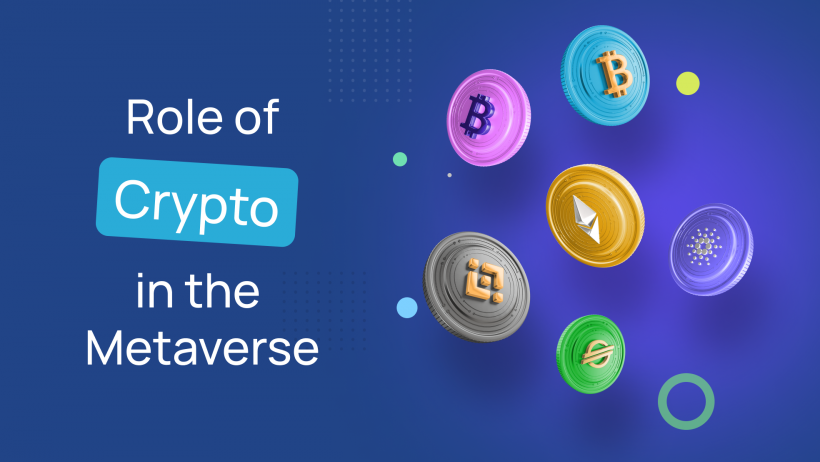
1. Virtual Land Ownership and Real Estate
Virtual real estate is one of the most lucrative segments of the Metaverse. Platforms like Decentraland and The Sandbox allow users to purchase land plots using cryptocurrencies like MANA or SAND. These digital lands can be developed into virtual businesses, art galleries, or entertainment hubs, creating new revenue streams.
2. Non-Fungible Tokens (NFTs)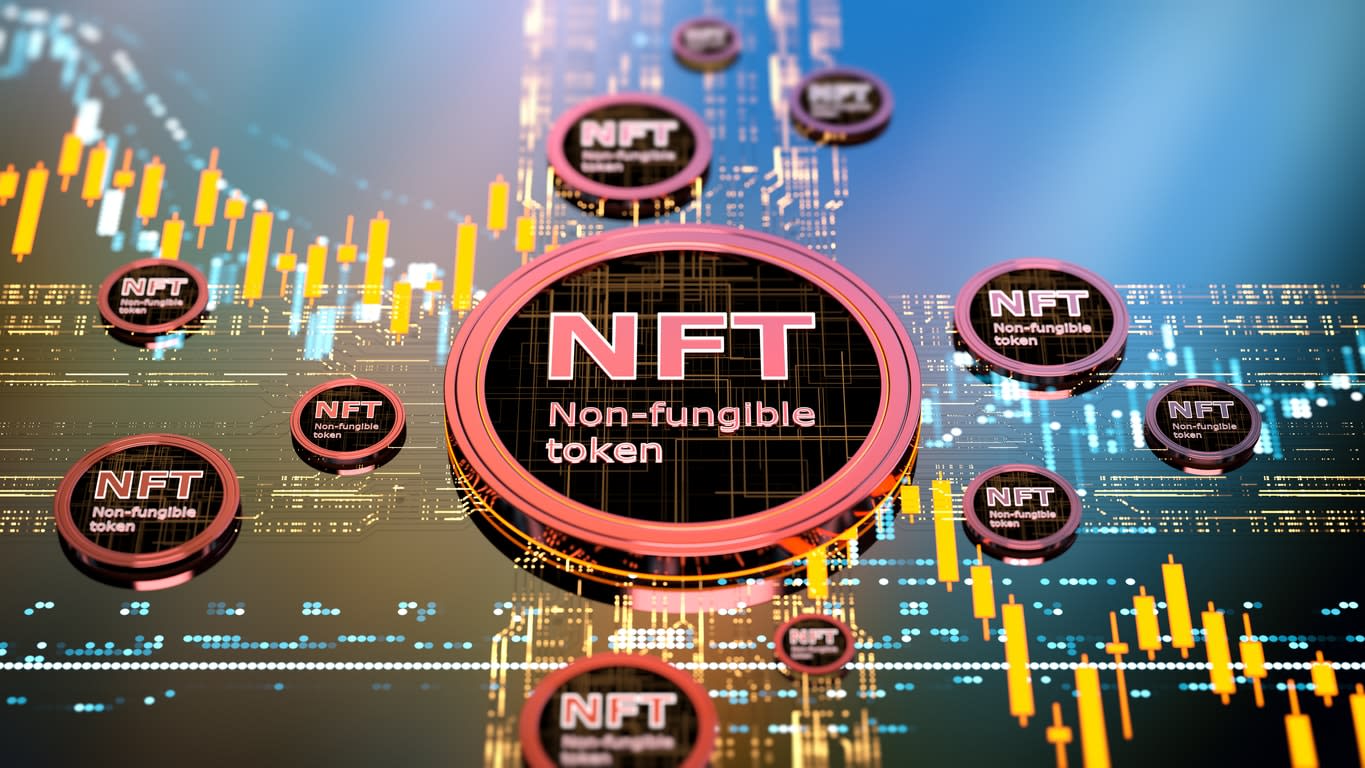
NFTs are the cornerstone of digital ownership in the Metaverse. Representing unique assets, they can be anything from virtual art and music to in-game collectibles. For instance, owning a rare NFT in the Metaverse can signify social status, much like owning a luxury watch in the physical world.
3. Gaming Ecosystem
Gaming is one of the most vibrant aspects of the Metaverse. With the rise of Play-to-Earn (P2E) models, players can earn cryptocurrencies for completing challenges or selling in-game assets. Games like Axie Infinity have created thriving economies powered by cryptocurrencies like AXS, where users can monetize their skills and time.
4. Digital Commerce and Services
The Metaverse economy also supports virtual stores, where users can buy digital goods, skins, and even services using cryptocurrency. Entrepreneurs are setting up virtual businesses, ranging from avatar customization to hosting events, broadening the scope of digital commerce.
Popular Cryptocurrencies Used in the Metaverse
Several cryptocurrencies have become integral to the Metaverse ecosystem. Here’s a look at some of the most widely used:
- Ethereum (ETH): The backbone of most Metaverse platforms and NFT marketplaces, thanks to its smart contract capabilities.
- MANA (Decentraland): A native currency for transactions in Decentraland’s virtual world.
- SAND (The Sandbox): Facilitates user-generated content and gaming ecosystems.
- AXS (Axie Infinity): A driving force in P2E gaming, allowing players to earn and trade.
Each cryptocurrency serves a unique purpose, but collectively, they fuel the decentralized and immersive economy of the Metaverse.
Cryptocurrency Challenges in the Metaverse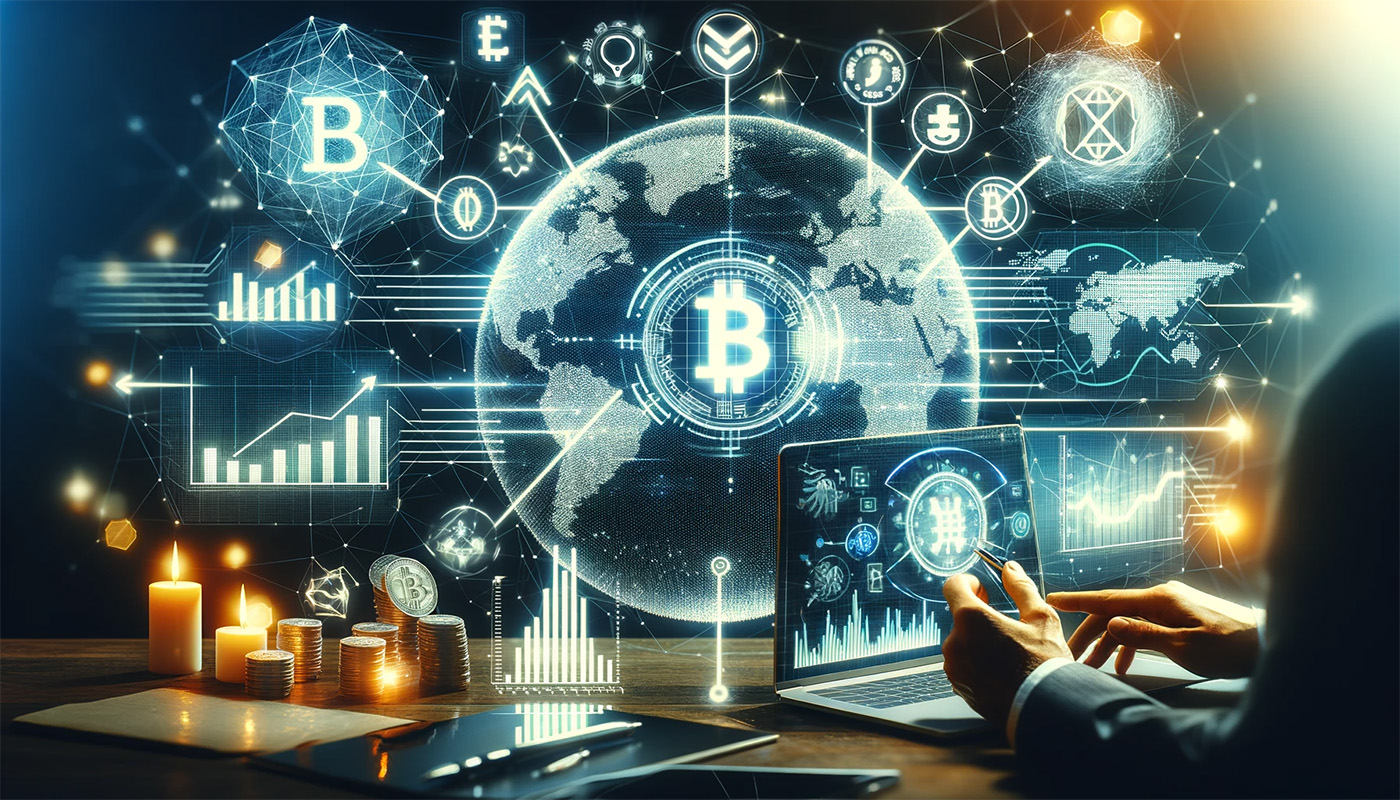
While the potential is immense, there are challenges to address:
- Scalability Issues: As more users join the Metaverse, blockchain networks may struggle to handle the volume of transactions efficiently.
- Volatility: The unpredictable nature of cryptocurrency prices can deter users from engaging in virtual economies.
- Cybersecurity Risks: With the rise of digital assets, ensuring the safety of wallets and transactions is paramount.
- Regulatory Uncertainty: Governments worldwide are still figuring out how to regulate cryptocurrencies, creating potential barriers to adoption.
Overcoming these hurdles will be key to unlocking the full potential of the Metaverse economy.
Opportunities for Growth in the Cryptocurrency-Metaverse Integration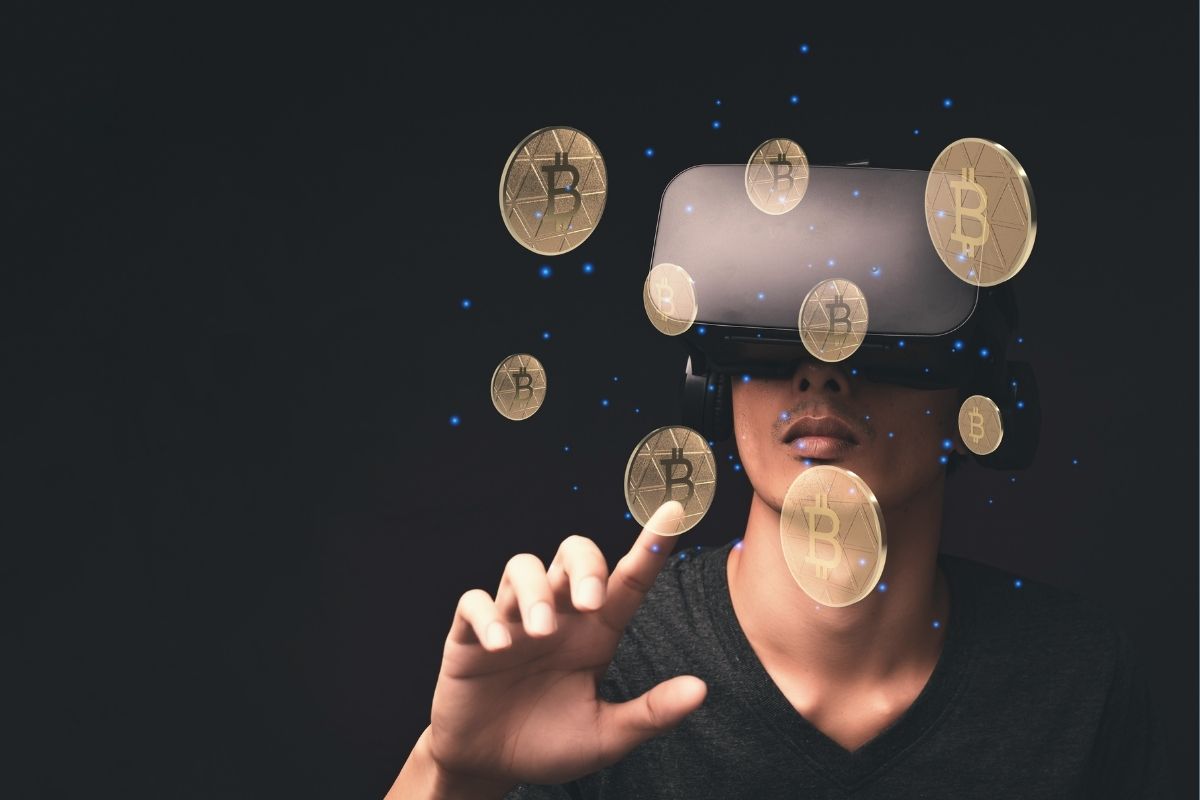
The intersection of cryptocurrency and the Metaverse presents exciting growth opportunities:
- Interoperability: Creating seamless connections between different Metaverse platforms will allow users to transfer assets and currencies effortlessly.
- DeFi Evolution: Decentralized Finance (DeFi) can provide new ways to invest, borrow, and earn within the Metaverse.
- Stablecoins and CBDCs: These can mitigate volatility, making cryptocurrencies more practical for day-to-day virtual transactions.
- New Revenue Models: From virtual advertising to subscription-based content, the Metaverse offers untapped potential for innovative financial models.
The Future of Cryptocurrency in the Metaverse
As blockchain technology advances, the integration of cryptocurrency into the Metaverse will only deepen. Future developments could include:
- Enhanced Blockchain Scalability: Faster, cheaper, and more efficient blockchains to support massive virtual economies.
- Broader Adoption: Mainstream users and businesses joining the Metaverse, creating new use cases for cryptocurrencies.
- Global Impact: The Metaverse economy could influence real-world sectors like remote work, education, and cross-border trade.
Cryptocurrency is not just a payment tool; it’s the glue that binds the Metaverse economy, ensuring it remains decentralized and user-driven.
Conclusion
Cryptocurrency and the Metaverse are a match made in digital heaven. Together, they are reshaping how we think about ownership, commerce, and community in virtual worlds. While challenges remain, the opportunities are vast, promising a future where everyone can participate in a borderless, decentralized economy. As we continue to explore this exciting frontier, it’s crucial to stay informed and embrace the innovations shaping tomorrow’s digital landscape.

